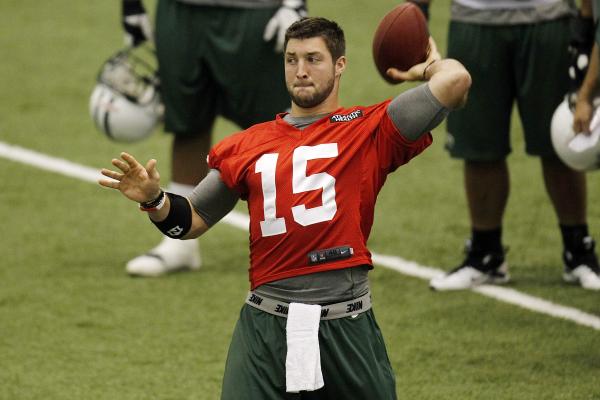Why should religious leaders, of all people, turn their fire on celebrities who use their popularity for public proclamations of the Almighty's power?
In an age when media icons flaunt every sort of indulgence and depravity, prominent members of clergy should find more appropriate targets to scold than athletic achievers like football's Tim Tebow, basketball's Jeremy Lin or baseball's Josh Hamilton, who choose to flaunt their devout Christian commitment.
Widespread discomfort toward well-publicized professions of faith highlights a significant rift in outlook — not just between believers and skeptics, but between religious people who want to limit theological affirmations to church or synagogue settings and those who announce their ardent belief at every opportunity.
Read the Full Article

